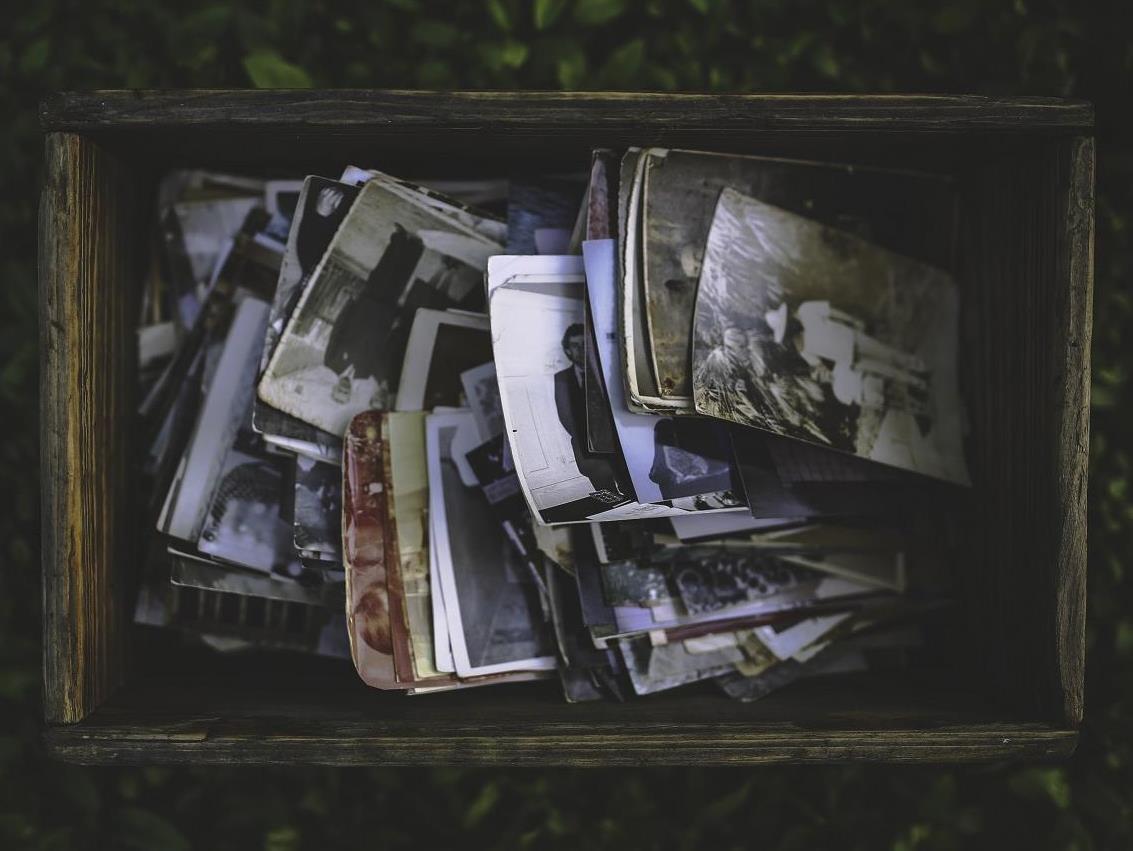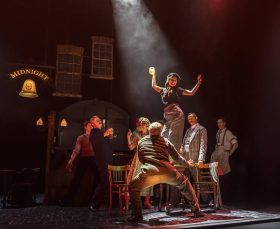Despite being one of the world’s most celebrated novelists and the first black woman to win a Nobel Prize for literature, Toni Morrison cancelled her memoir contract as she doesn’t consider her life interesting enough. Morrison was speaking to students at Oberlin College, Ohio, near the city of Lorain, where she was born in 1931. According to local press, she was asked if she intended to write an autobiography about her childhood in the area, and admitted that she had gone so far as to sign a contract for her next book to be a memoir. ‘But then I cancelled it,’ she said. ‘My publisher asked me to do it, but there’s a point at which your life is not interesting, at least to me. I’d rather write fiction.’
As celebrities and politicians land book deals left, right and centre and detail the minutiae of their lives, the question arises: what makes a good memoir? It seems that the answer depends on how well the memoir is written. A good writer can make mundane events sound interesting, while bad writing can destroy even the most remarkable life story.
A story inside
‘Everyone has a story to tell. Many stories, in fact!’ said Rochelle Siemienowicz, author of Fallen: A memoir about sex, religion and marrying too young. ‘In the hands of a skilled writer, even the most seemingly mundane and boring life could be made interesting, witty, insightful.
‘It’s about honesty, and about the beauty and originality of the language used, and the sensitivity with which a writer allows the reader into their own unique consciousness. But the reverse is true too: In the hands of a bad writer, even the most momentous and eventful life will be dull and recalled in clichés.’
Read: Thoughts on transgression in life and art
Alexis Drevikovsky is the General Manager of Writers Victoria. She agrees that the quality of the writing is what makes a seemingly uninteresting life shine. ‘As an organisation, we are of the opinion that everyone has a story to tell, and everyone has in some aspect had an interesting life that is worth writing about. It’s about making the ordinary extraordinary through writing. If you have a way of expressing it, then you do have a story to tell.
‘With memoir, the trick is finding out where the story is. It’s about finding the overarching theme that is worth writing about, and then telling the story thought that particular prism.
Don’t lie
While many of the mass-market books written by celebrities and public figures (or ghost written for them) tend to be autobiographies, memoirs have a more literary bent. The difference between memoir and autobiography is that autobiography is usually chronological, and covers an entire life story, whereas memoir is thematic. ‘This means that a writer is allowed to miss bits that don’t link in to the theme. You can take key elements and weave them together, and then offer insight and interpretation of the impact of these events on the writer’s life,’ said Drevikovsky.
Ta-Nehisi Coates, author of The Beautiful Struggle, believes that good writing can bring life to any story. ‘The problem is never that your life isn’t interesting enough, it’s that you aren’t looking (or writing) hard enough. Don’t lie. Not to your readers. And not to yourself. Be a skeptic of your own recollections. Ask your family and friends how they remember things. And don’t fucking lie.’
Read: Why would a publisher knock back a politician’s memoir?
In the last few years, it seems that every man and his dog (no, really) has written a memoir or autobiography. Journalists Mark Colvin, Richard Glover and Peter Stefanovic have recently released memoirs, while sports personalities Gai Waterhouse, Adam Goodes and Jana Pittman have all written about their sporting lives.
Drevikovsky credits a rise in social media and blogging as driving an increase in memoirs. ‘People are divulging more online so audiences expect a higher level of intimacy. Memoir is a great way to get that.
‘Memoirs are not just your average Big W book by a footballer, but are being written and crafted in sophisticated and beautiful ways.’
How young is too young
Last year, the New York Times published the piece ‘Should there be a minimum age for writing a memoir?’ In the article, two writers argue for and against young people writing memoir. Leslie Jamison writes, ‘It seems silly to pretend that nothing meaningful happens to the young … Of course someone will look back at his first broken heart with a different perspective at the age of 40, or 60, or 80. But that doesn’t mean that these perspectives are better, or that our self-understanding travels toward some telos of perfect consummation with every passing year.’
Despite young memoirists often being criticised as being self-obsessed exhibitionists, publishers and readers are hungry for the stories of young people’s lives. ‘Audiences value different stories, rather than someone who is retired and looking back on their lives. There is a rise in memoir by under 30s, which focuses on one element of their lives so far,’ said Drevikovsky.
Read: How to get your blog into print
Commercial success also has something to do with the rise of memoir, explains Siemienowicz. ‘As anyone in publishing knows, fiction is hard to sell, even for an established author, let alone for a no-name debut writer like me. It’s far easier to sell and publicise a memoir,’ she said. ‘I think readers are hungry for true stories well told. Knowing that something “really happened” has a particular power to it that no made up story can match. Having said that, fiction has its own power and beauty and freedom.’
Finding out that a remarkable story is, in fact, true makes it all the more interesting: we’ve all fallen down internet research holes after watching a fantastically unbelievable true story-turned-film. The same applies to writing memoir, found Siemienowicz. Her book began as a novel but she was convinced by her publisher to turn it into memoir. ‘She loved the writing. She loved the story. She wanted to work on it. But as a memoir. It already read more like memoir than a novel, she said, but there were things we’d need to include to make it more real and coherent. More detail about my family, and about their religion. An epilogue to bring the book into the present moment.’





